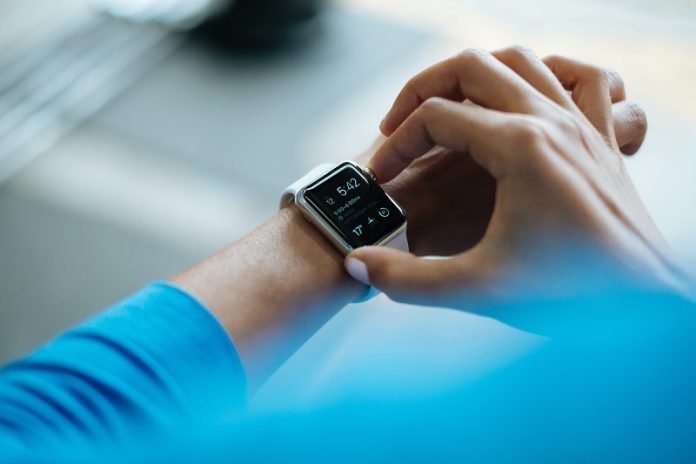
Scientists from Mayo Clinic found Single-lead ECG tracings from an Apple Watch interpreted by an artificial intelligence (AI) algorithm could effectively identify patients with a weak heart pump.
The research was presented at the Heart Rhythm Society conference and was conducted by et al.
Left ventricular dysfunction—a weak heart pump—afflicts 2% to 3% of people globally and up to 9% of people over age 60. It may have no symptoms, or be associated with shortness of breath, leg swelling or racing heartbeats.
What is important is that once we know a weak heart pump is present, there are many lifesaving and symptom-preventing treatments available.
In the study, patients were enrolled by email. Then they downloaded an app that securely transferred watch ECGs in the background.
A standard ECG uses 12 electrode leads strategically placed on a person’s chest, arms and legs to create a tracing used to evaluate the heart’s electrical signals.
To interpret ECG signals generated from the single lead on an Apple Watch, researchers modified an established 12-lead algorithm for low ventricular ejection fraction—the weak heart pump—that is licensed to Anumana Inc., an AI-driven health technology company, by nference and Mayo Clinic.
The 12-lead ECG algorithm was awarded breakthrough device designation by the Food and Drug Administration in 2019 and emergency use authorization for COVID-19 in 2020.
Participants securely transmitted 125,610 ECGs from 46 states and 11 countries over the six-month study period. The average app use was about two times a month.
Overall participation was high, as 92% used the app more than once. Each patient recorded many ECGs, and researchers chose the cleanest readings.
The researchers developed the smartphone app that study participants used to send single lead ECGs from their Apple Watch.
A total of 2,454 Mayo Clinic patients with an iPhone, the Mayo Clinic App and a series 4 or later Apple Watch took part in the study.
The app securely sent all previous watch ECGs and additional ones as they were recorded by patients to a Mayo secure data platform. There they were analyzed.
The team says this test is the first step, as it demonstrates we can get medically useful information from a single-lead watch.
Their next steps include global prospective studies to test this prospectively in more diverse populations and demonstrate medical benefit.
If you care about heart health, please read studies about common painkillers that could harm your heart, and this snack could cause heart rhythm disease, high blood pressure.
For more information about heart health, please see recent studies about a big cause of heart failure, and results showing scientists find a new way to repair human heart.
Copyright © 2022 Knowridge Science Report. All rights reserved.



